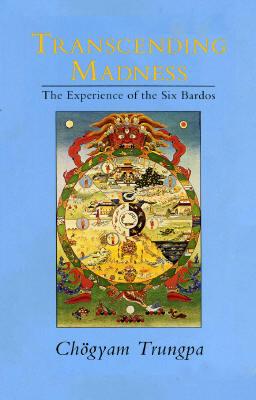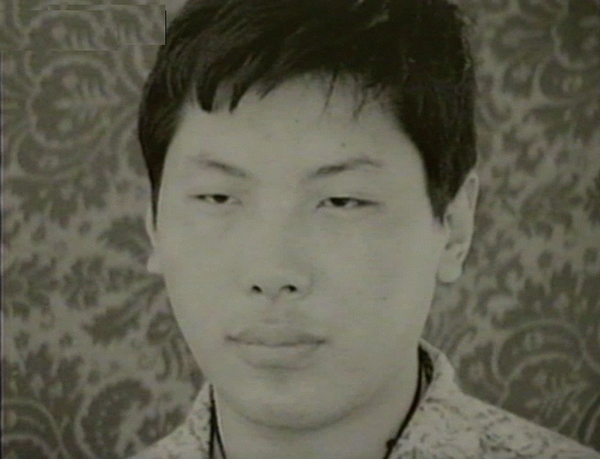

Transcending Madness – The Six States of Bardo
Thus, the Crazy Adepts, even in an exaggerated fashion, may tend to live the Western style of life. They live as if completely attached, or they do the things that, you might imagine, if they continued to do them they would become so profoundly attached they would even destroy themselves or work counter to Enlightenment. But they are functioning on the basis of prior Enlightenment. No attachment, no egoic principle, no self-principle is involved in what they are doing. They demonstrate complete freedom through paradox. Thus, the evolution of the Buddhist tradition, from Hinayana to Vajrayana and ultimately to Advaitayana, expresses a return from East to West.
Master Da Free John – Dreaded Gom Goo
Crazy Wisdom
by Chogyam Trungpa, 1992 – Transcending Madness
S: How about vajrayana, crazy wisdom?
TR: Well, crazy wisdom—that’s a very good question—is when you have a complete exchange with the road, so that the shape of the road becomes your pattern as well. There’s no hesitation at all. It’s complete control not only control, but a complete dance with it, which is very sharp and penetrating, quick precision. That precision comes from the situation outside as well: not being afraid of the outside situation, we can tune into it. That’s the fearless quality of crazy wisdom.
S: What do you mean when you speak of the simple-minded attitude toward karma?
TR: Well, there seem to be all sorts of different attitudes toward the idea of karma. One is that if you constantly try to be good, then there will be constant good results. That attitude to karma doesn’t help you to transcend karmic creation. The ultimate idea is to transcend sowing the seed of any karma, either good or bad. By sowing karmic seeds you perpetually create more karma, so you are continuously wound up in the wheel of samsara.
Another attitude to karma is that it is connected with rebirth, life after death—which is pure blind faith. That approach brings a certain amount of psychological comfort: this is not the only life, but there are a lot more to come; other situations will come up so you don’t have to feel fatalistic any more. That kind of attitude to karma is not dealing with the root of the karmic situation but is purely trying to play games with it or else trying to use karma as a comforter. It is based on distrust in oneself. Knowing that you are making mistakes, you think that even if you do make mistakes, you can afford to correct them, because you have a long, long time, endless time to do so.
S: I understand that an enlightened person doesn’t carry a trace of what happens, but the rest of us do.
TR: In terms of an enlightened being, his attitude to karma is that either of the two polarities of good and bad is the same pattern—fundamentally a dead end. So theres no fear involved. In fact, there’s more effort, more spontaneous effort of transcending sowing karmic seeds. In the ordinary case, you are not quite sure what you are doing, and there’s fear of the end result anyway. So theres the constant panic of losing oneself, the ego.
back to: Crazy Wisdom
Also see: Paradox
See more on Chogyam Trungpa Rinpoche from the first issue of the Garuda magazine published in 1971.
See Transcending Madness – The Six States of Bardo